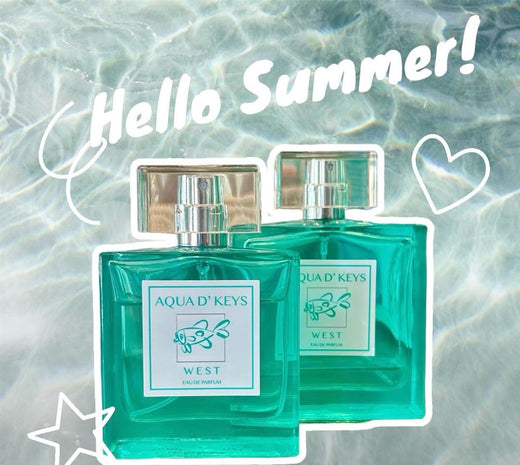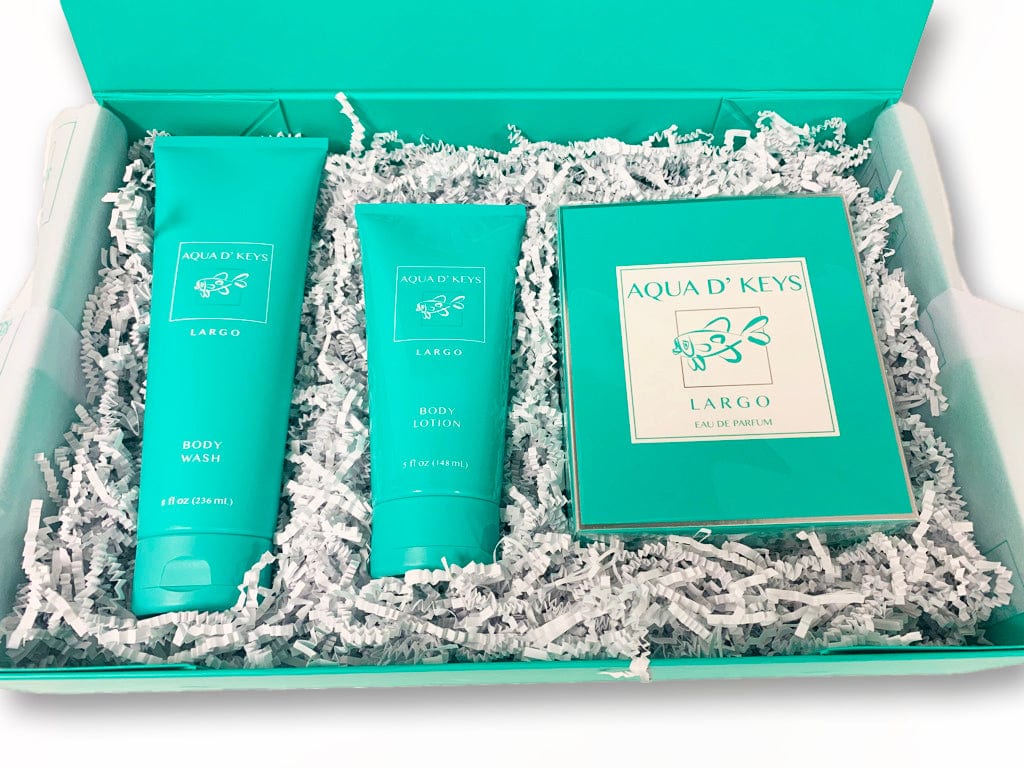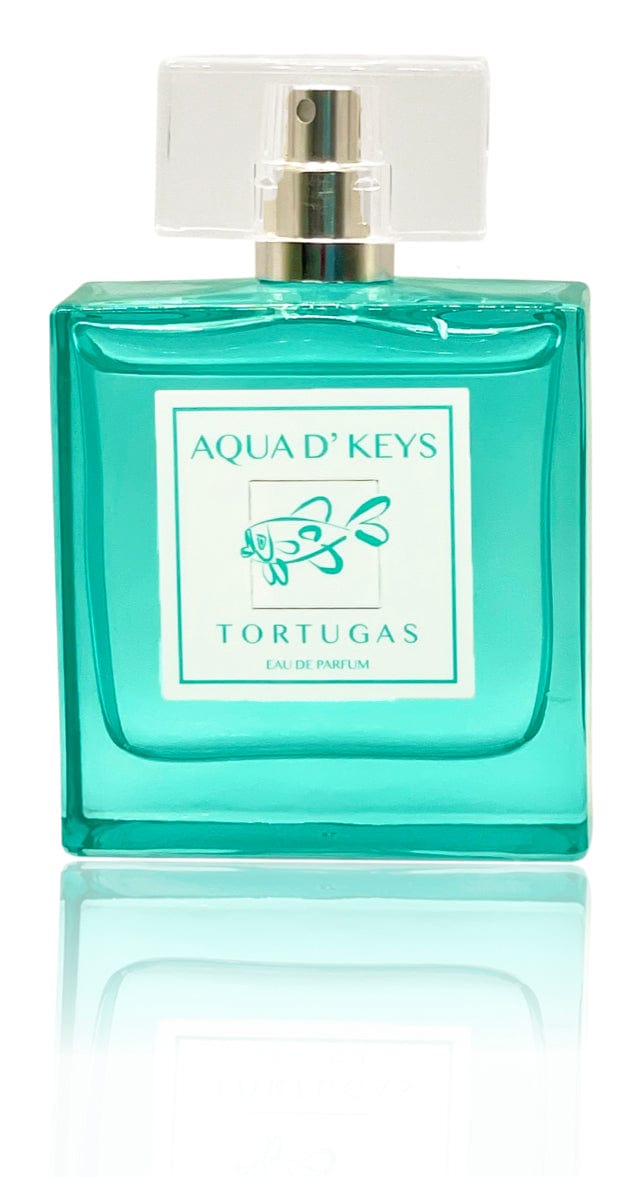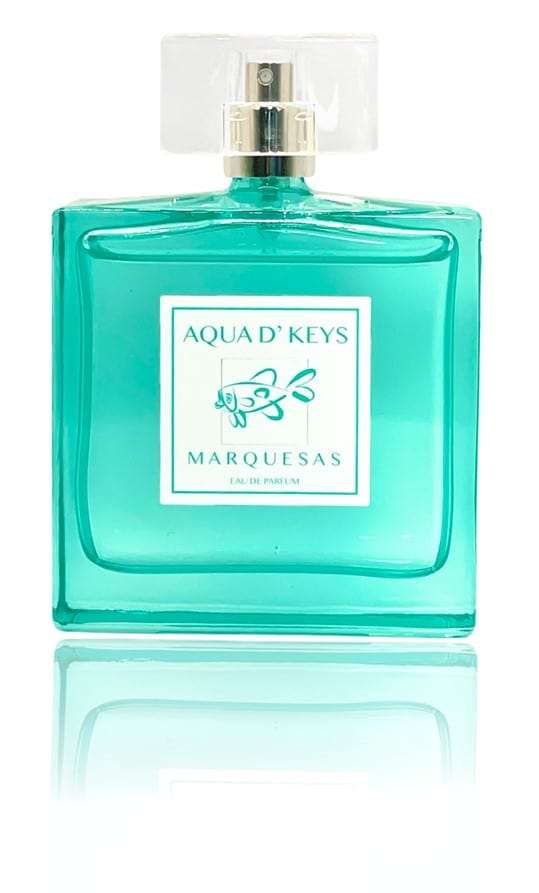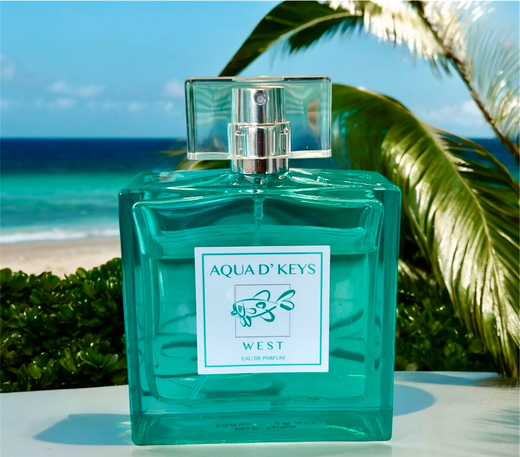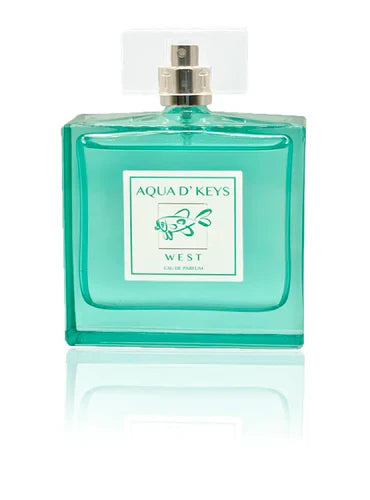What's The Difference Between Perfume and Fragrance?
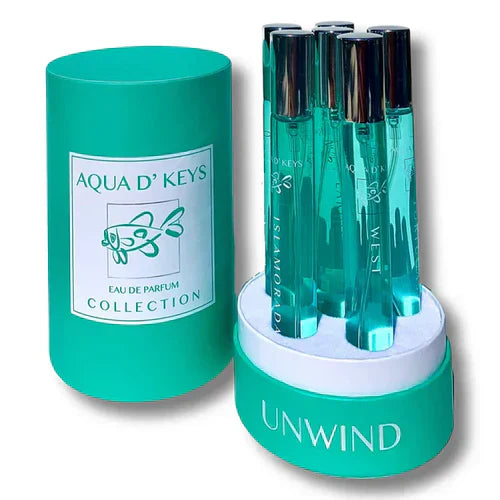
Your favorite bottle of luxury perfume is down to its last few drops, and it’s time to find a new signature scent or something among unisex fragrances. Maybe you’ve outgrown your old go-to, or perhaps you’re craving something fresh to match a new chapter in your life. So you start diving into luxury fragrances online, and into the world of scents, eager to find that perfect smell.
As you’re browsing all the options, you notice that the words fragrance and perfume are being used interchangeably in several places. Confusion sets in, and you begin to wonder, is there a difference between the two? Isn’t perfume something with a fragrance? Or is a fragrance a type of perfume? And what about unisex fragrances? How do you choose? Before you add anything to your cart, let’s clear up the confusion so you can choose the perfect scent with confidence.
What Is Fragrance?
Fragrance is a broad term that can refer to any pleasant smell. However, it can also refer to a specific category of scented products, including perfumes, colognes, and body sprays.
In personal care and cosmetics, “fragrance” often means the blend of essential oils, aroma compounds, and other ingredients that create a unique smell in a product. These fragrances are found in perfumes, lotions, shampoos, and even candles and diffusers.
What Is Perfume?
The term “perfume” emerged in the 19th century and is a generic, overarching term for fragrances marketed to women. It’s a particular scent with a higher concentration of aromatic oils designed to last longer and deliver a more intense, pleasant odor.
Perfumes should be applied in small amounts to pulse points on the body, where the warmth of the skin helps release the scent slowly over time. Studies suggest that certain perfume smells act as feel-good stimulants, relaxing you, improving your mood, making you feel sexy, and even boosting your confidence. Perfumes can also activate scent memories, like recalling a trip to the Florida Keys when a specific smell takes you back there.
Fragrance vs Perfume Differences
Fragrance and perfume are closely related, but they have distinct differences in their composition, purpose, and market perception. If you begin to get confused, remember that while all perfumes contain fragrances, not all fragrances are perfumes. Understanding these distinctions will help you make a more informed decision when selecting a scent.
Composition
Perfume has a higher concentration of aromatic oils, typically between 20-30%. Fragrances can vary widely in concentration, from light body sprays to more concentrated forms for home scents. This difference in composition affects the strength and longevity of the scent.
Purpose and Use
Perfumes are often used for special occasions since they’re designed to be long-lasting and, in many cases, even considered luxury items. Fragrances are more versatile and found in everyday products like lotions, soaps, and other home scents. When you’re shopping for luxury perfumes online, remember that the purpose of perfume is to provide a personal scent, while fragrance encompasses smells everywhere: a person, home, office, or even a car.
Market Perception
Perfume is quite often seen as a luxury item and can be costly. Many perfume commercials and ads have celebrities marketing their product, giving the user a feeling of being included if they wear that perfume. Fragrances are more accessible and available in a wide array of products. Perfume is perceived as indulgence and sophistication, while fragrance is more about versatility and everyday appeal. As to unisex fragrances, these are created to appeal to anyone, no matter what their gender.
Factors to Consider When Choosing Fragrance or Perfume
When shopping for luxury perfumes online, consider the scent profile, your budget, and the desired scent strength. Each of these factors plays a role in how the product will suit your needs.
- Scent Profile: What scents do you enjoy? Do you prefer floral, woody, or spicy base notes? Do you want something to wear every day or for special nights out? Are you hoping to trigger a memory? Your scent profile is personal, so choose a fragrance that resonates with your style and the emotions you want to evoke.
- Budget Considerations: Perfume is more expensive due to its concentration. Fragrances can be a more budget-friendly option.
- Perfume Strength: How long do you want the fragrance to last? Perfume offers longer wear, while lighter fragrances may need reapplication.
Types of Concentrations
Perfumes and fragrances come in various concentrations, each providing different intensities and longevity. Knowing the differences can help you select the right ones for your needs.
Eau de Cologne
Eau de Cologne is a light, refreshing fragrance containing 2% to 4% aromatic oils. It’s used as a splash-on fragrance and is often favored by men seeking masculine scents. Due to its lightness, Eau de Cologne is ideal for a quick refresh, but it usually lasts only a couple of hours.
Eau Fraiche
Eau Fraiche is the lightest of all fragrance types. It's the most diluted version, with just 1% to 3% aromatic oils. It’s often water-based rather than alcohol-based, offering a very subtle scent that lasts only about an hour. Eau Fraiche is ideal for those who prefer a very light, barely-there fragrance that can be reapplied throughout the day.
Eau de Toilette
Eau de Toilette has nothing to do with a toilet! Though the literal translation is “toilet,” the term "toilette" historically referred to washing, grooming, or dressing. Eau de Toilette is a lighter concentration of 5% to 15% aromatic oils. It provides a subtle scent that’s excellent for everyday wear. Eau de Toilette is often seen as a casual option, suitable for daytime use when you want a fragrance that isn’t overpowering.
Eau de Parfum
Eau de Parfum is a popular choice for a more potent, longer-lasting scent. Its concentration of 15% to 20% provides a rich, layered aroma lasting several hours. If you are seeking a strong, lingering fragrance without the full intensity of pure perfume essence, Eau de Parfum is ideal for you.
Parfum
Parfum, also known as perfume oil, is not the same as Eau de Parfum. It's actually the most concentrated form of fragrance, often containing 25% to 30% aromatic oils. Unlike alcohol-based perfumes, parfum is applied in tiny amounts and provides a long-lasting scent. It’s ideal for those who want a deep, rich fragrance that stays close to the skin.
Personal Preference
Personal preference plays a large role when choosing between perfume and fragrance types. Some people prefer the strong, lasting scent of perfume, while others may prefer the lighter touch of a simple fragrance.
Think about how you want to smell throughout the day. Do you want a notable scent that makes a statement or something more subtle? Do you have time to reapply your scent throughout the day? Will you carry the bottle with you or leave it at home? Your lifestyle and how you use scent in your daily routine should guide your decision. Choose what feels right to you.
Skin Type and Sensitivity
Your skin type can significantly affect how a fragrance or perfume interacts with your body. Oily skin tends to hold scents longer, making perfumes last even longer on the skin. Dry skin may cause scents to evaporate faster, making lighter fragrances less noticeable.
If you have sensitive skin, choose products free from harsh chemicals or opt for hypoallergenic formulas. Some people might experience irritation with more potent perfumes due to the high oil concentration. Always test a small amount before fully applying to ensure comfort and avoid adverse reactions.
Desired Longevity
How long you want your scent to last can influence what concentration you choose. Perfumes with higher concentrations of oils are designed for long-lasting wear. With just a small application, they can linger on the skin for hours, even all day. If you’re looking for something that lasts through a busy day or a special event, perfume might be your best bet. Lighter fragrances like Eau de Toilette are shorter-lasting, making them perfect for a quick refresh or when you want something that doesn’t overpower.
Occasion
The occasion plays a significant role in choosing your new scent. Perfumes are considered luxurious and are selected for moments when you want to feel your best. For everyday activities, a lighter fragrance might be more appropriate. Matching the scent to the occasion ensures you always feel confident and appropriate.
Day vs Night Scents
Daytime scents should be lighter and fresher, like citrus or floral fragrance notes, making them ideal for a subtle, uplifting presence. Nighttime scents can be richer and deeper, featuring musk, amber, or wood tones. Choosing the proper scent can enhance your mood and set the tone for any time of the day.
Seasonal Choices
In warmer months, lighter, fresher scents like marine or citrus notes are more appealing and comfortable. Richer, spicier fragrances with notes like vanilla or sandalwood can provide a cozy, warm feeling during colder seasons. Adapting your scent to the season can enhance your overall sensory experience. The Key West fragrances from Aqua D’Keys offer a variety of scents and unisex fragrances perfect for any occasion and any time of year.
Wrap It Up With a Whiff
It’s easy to see why the terms "fragrance" and "perfume" can be confusing. They’re often used interchangeably, but now you know they’re not quite the same. Remember, all perfumes contain fragrances. But, not all fragrances are perfumes.
Now that you understand the difference between perfume and fragrance, you can choose the right product for you. Whether you’re looking for a long-lasting perfume, a versatile unisex fragrance, or perfume gift sets, Aqua D’Keys has what you’re looking for. Explore our collection today and find the scent that fits your style!
Search Blog
Related Articles
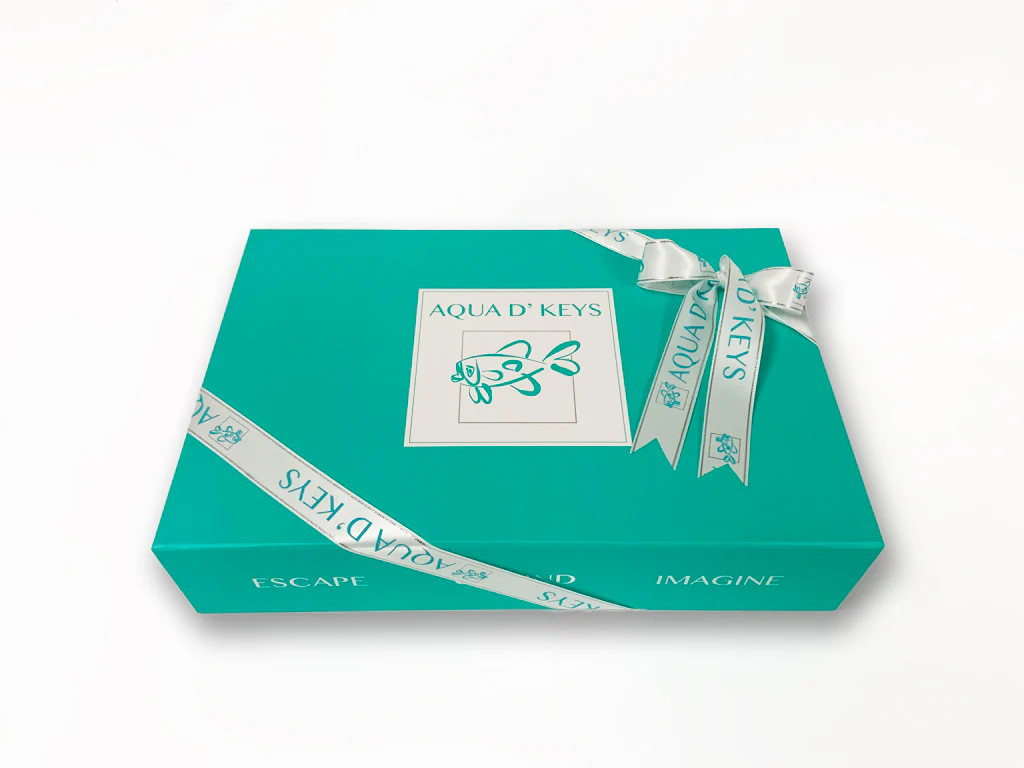
The Art of Layering Scents: Create Your Signature Fragrance
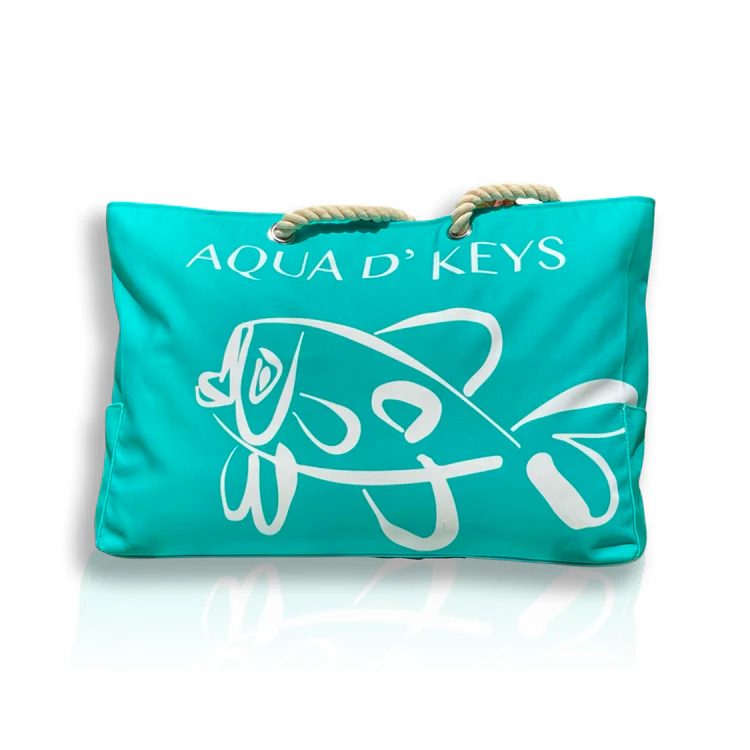
How to Choose a Beach Bag Based on Your Personal Style
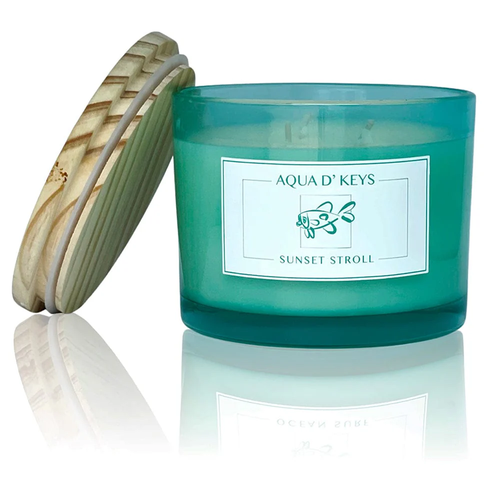
Choosing the Right Luxury Scent for Each Room in Your Home
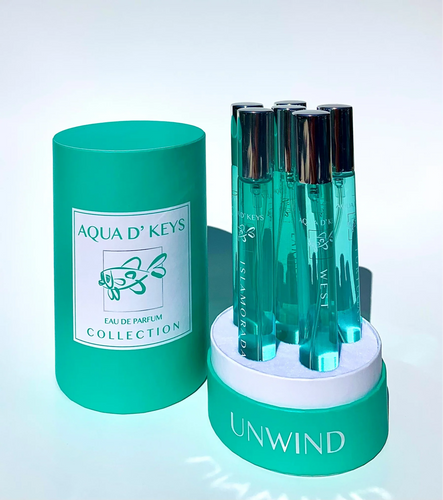
The Difference Between Perfume, Cologne, and Eau de Toilette
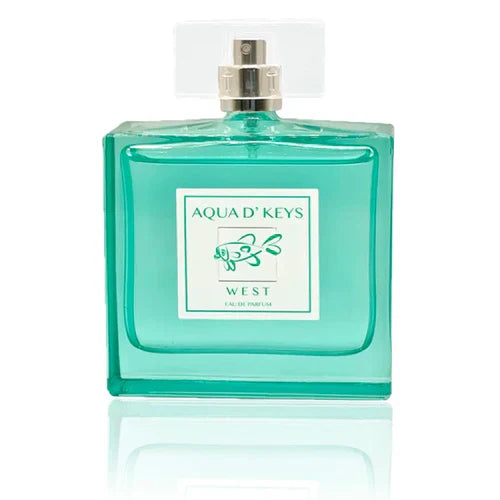
5 Tips for Finding Your Signature Scent
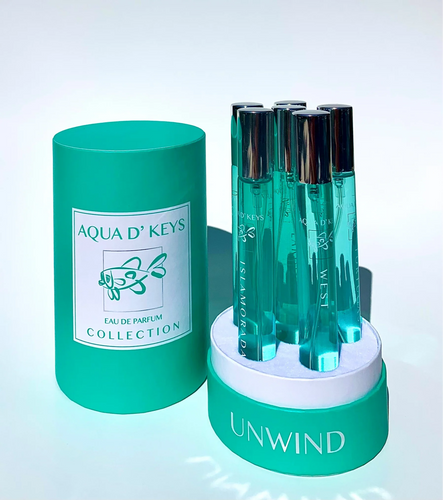
How is Perfume Made?
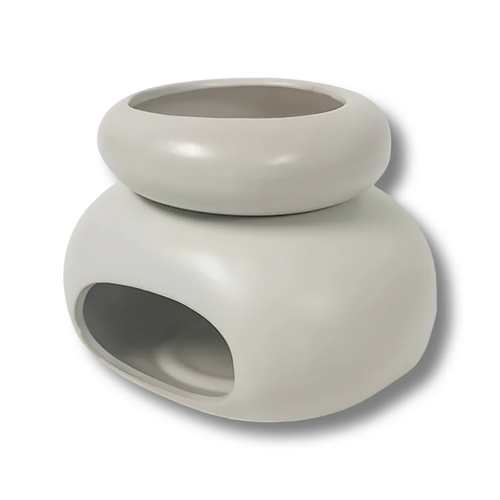
Mood-Boosting Scents: How Wax Melt Warmers Aid Relaxation
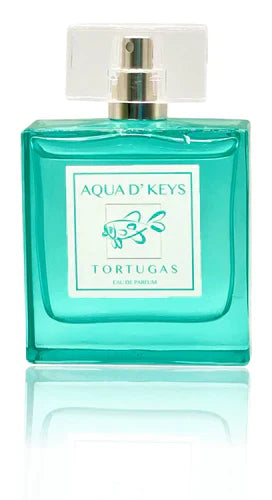
The Ultimate Guide to Choosing the Perfect Perfume for Couples
